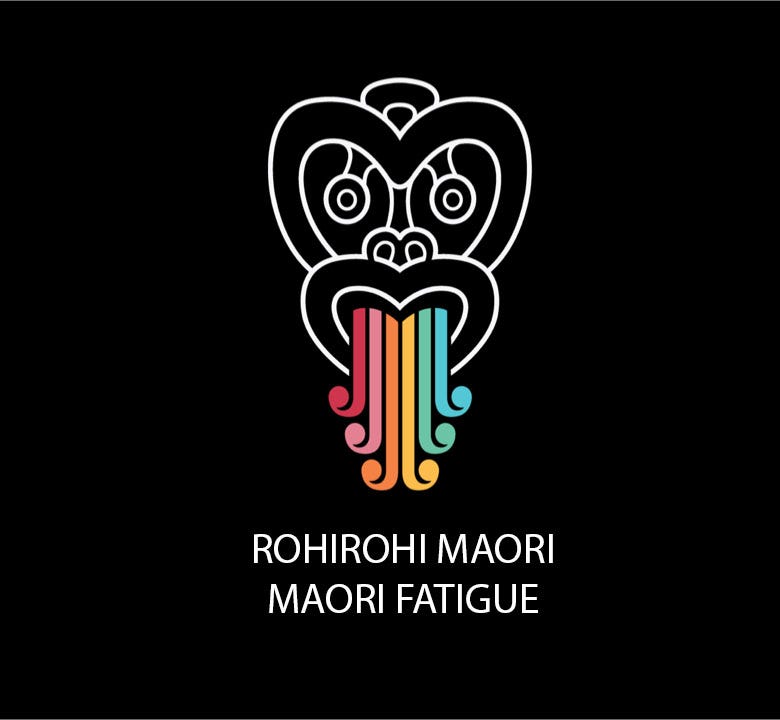Welcome to Rohirohi Māori
"Māori Fatigue" week

The 15th of September marks the official start of Rohirohi Māori – or as English speakers might prefer, Māori fatigue. For the next 7 days, brace yourself. Every news bulletin, radio broadcast, TV advert and television presenter will be working overtime to ram as much te reo Māori into your daily routine as humanl…



